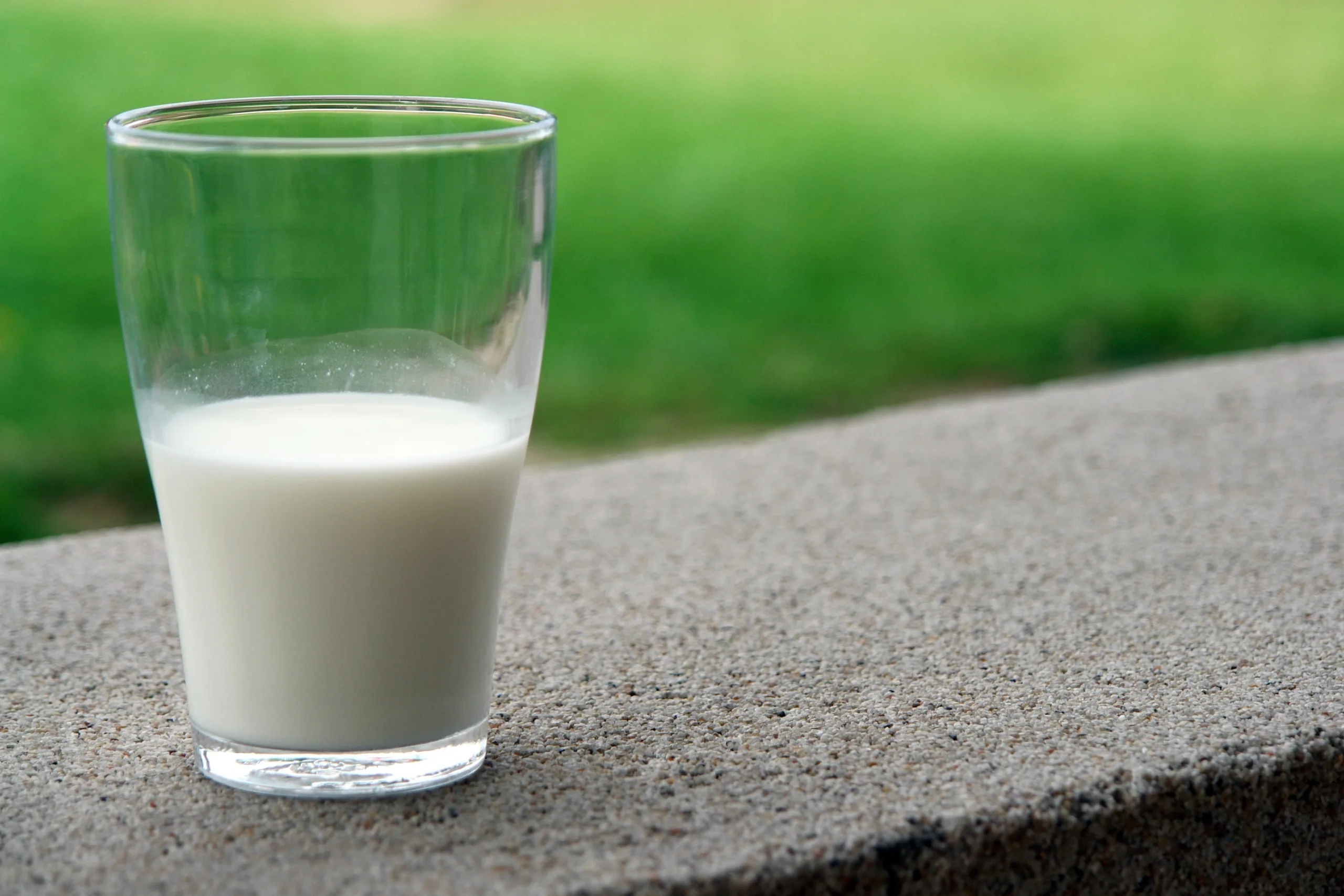For all you dairy devotees out there, I come bearing good news – science says you can keep enjoying your favorite cheeses, yogurts, and milk while still slimming down! Dairy products have developed a bad reputation when it comes to dieting, but emerging research reveals they can actually help accelerate fat burning and facilitate weight loss. This post will explore the science-backed role dairy can play in a healthy weight loss plan.
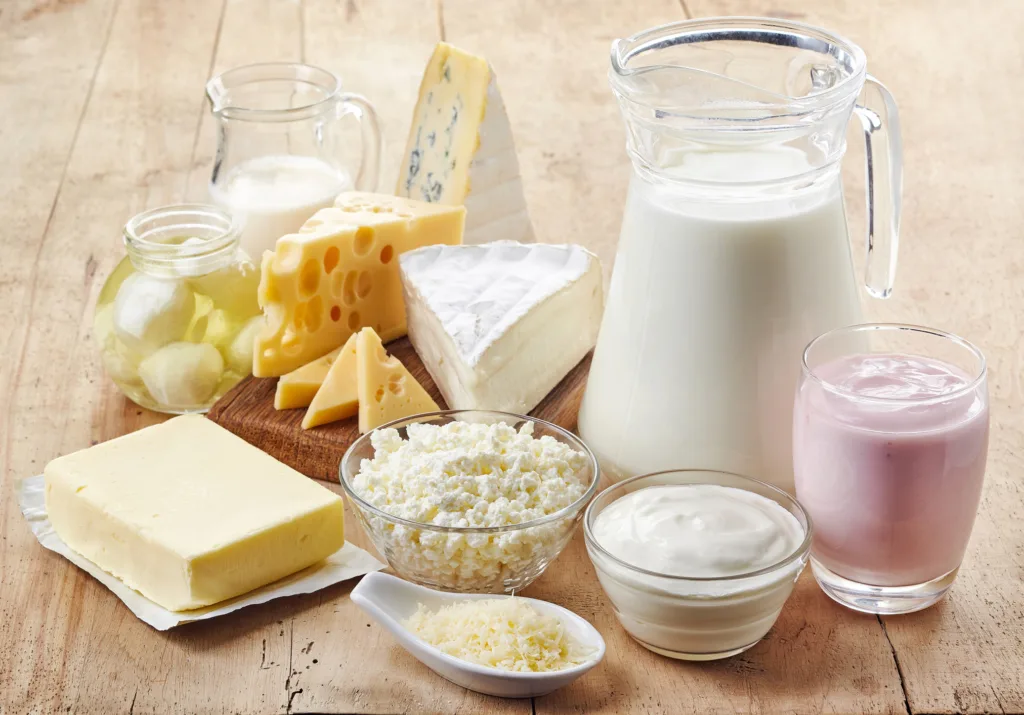
Introduction
Dropping pounds ain’t easy for most folks. Juggling calorie counting, exercising, ignoring rumbly tummies – it’s tough work! But what if simply adding nutritional dairy foods into your daily menu could make weight loss feel a bit more achievable? I’m not suggesting you start chugging bowls of full-fat ice cream, but science indicates more nutrient-dense dairy options provide compounds that support metabolism and appetite regulation. I’m talking protein, calcium, probiotics – the good stuff! Keep reading as I break down how quality dairy products can help you ditch the pounds for good.
Incorporating the right kinds of dairy into your diet could be a total game changer for reaching your body goals. While no single food holds the key to effortless weight loss, dairy looks extremely promising based on emerging research about its fat-blasting abilities. Let’s dive in and uncover how you can take advantage of dairy’s full potential when it comes to trimming down!
The Role of Dairy in Weight Loss
Obviously going to town on a platter of cheese fries or double fudge ice cream isn’t going to do anyone’s waistline any favors. But more nutrient-focused dairy products definitely deserve consideration in a weight loss plan. Understanding the best dairy options for fat loss and why they work gives you the tools for slimming success.
The Skinny on Different Dairy Products
Moo-juice, frozen yogurt, string cheese – dairy comes in many delectable forms! But some types are superior when you’re watching your weight. Low fat or nonfat dairy products like skim milk, part-skim mozzarella, and fat-free Greek yogurt provide the most nutritional punch without all the extra calories or saturated fat. Focus your efforts on lower fat varieties and ditch full-fat sources like cream, butter, and cheese sauces.
Key Nutrients That Boost Fat Burning
Dairy contains a handful of special nutrients and compounds that appear to ramp up fat burning capacity. The calcium and protein content play key roles in optimizing metabolic function and controlling appetite. Meanwhile, probiotics in yogurt balance digestion and hunger-regulating hormones. It’s a pretty sweet nutritional package when it comes to trimming down!
Calcium: An Essential Key for Fat Breakdown
Here’s an interesting fact – getting sufficient calcium intake actually helps activate enzymes that break down fat! Not getting enough calcium hinders the work of these fat-busting enzymes. Calcium also reduces fatty acid synthesis, meaning your body burns calories rather than stockpiling them as excess flab. Pretty powerful stuff!
Protein Keeps Hunger Pangs in Check
Protein is super important for building and maintaining muscle mass while shedding pounds. The amino acid composition of dairy protein also keeps hunger at bay better than plant-based protein sources according to research. Who knew your moo juice could be so satisfying! Adding a scoop of whey protein powder to a smoothie amplifies this benefit even more.
Don’t Forget the Probiotics
The probiotics in fermented dairy products like yogurt, kefir and aged cheeses help nourish digestion and gut health. These beneficial bacteria actually help reduce levels of the “hunger hormone” ghrelin that stimulates appetite. Simultaneously, probiotics increase other intestinal hormones that make you feel satisfied and full after eating. A balanced digestive system and microbiome makes it way easier to tame cravings and eat less!
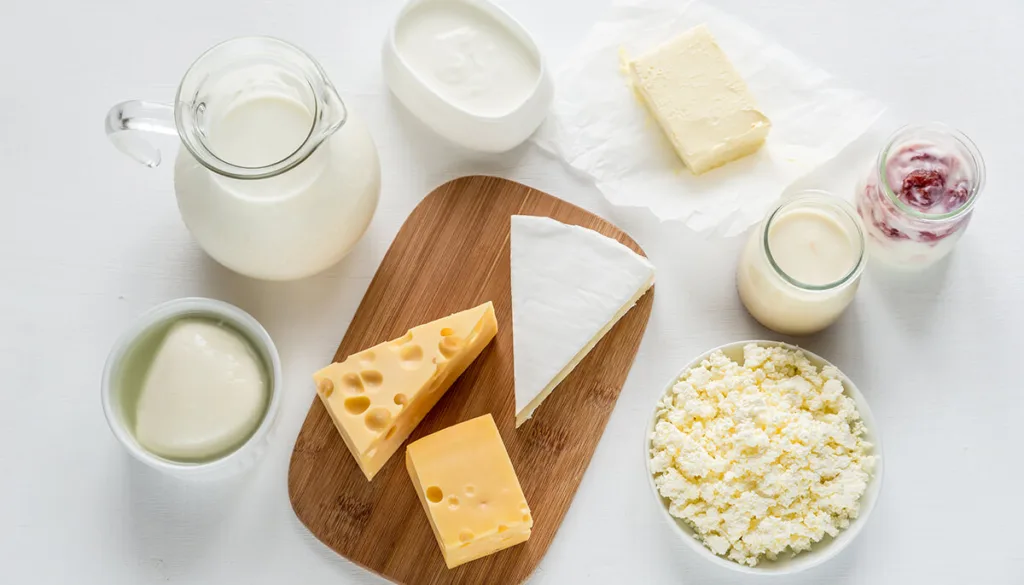
Making Dairy Work for Weight Loss
Alright, so it’s clear dairy can be a nutritional powerhouse when it comes to blasting fat. But how much should you eat and what are some tasty ways to seamlessly incorporate it? Let’s explore how to dairy it up the right way.
Keep it Low-Fat or Nonfat
Sticking to low-fat or nonfat varieties enables you to reap dairy’s benefits without going overboard on calories or saturated fat. Nonfat milk, low-fat cheeses, and fat-free Greek yogurt are perfect picks. Take a measuring cup and stick to standard serving sizes like 1 cup milk or yogurt and 1-2 ounces of cheese at a time. This keeps portions in check.
Delicious Dairy Recipes
You can pump up the dairy and flavor in your breakfasts, lunches, dinners and snacks once you know how. Some mouthwatering recipe ideas include:
- Greek yogurt berry parfait with chia seeds
- Veggie omelet with low-fat cheddar or feta
- Tuna salad sandwich with yogurt instead of mayo
- Chocolate peanut butter protein smoothie with milk, yogurt, and whey powder
- Pasta with zucchini noodles in a lemony nonfat Greek yogurt sauce
- Hearty chili or vegetable soup with fat-free milk swirled in for creaminess
The Importance of Portion Control
To keep calories under control, stick to standard serving sizes instead of uncontrolled grazing. As a general guide, try limiting yourself to 2-3 measured servings of dairy foods per day as part of a varied, balanced diet and lifestyle. One serving equals 1 cup of milk or yogurt, 1.5 ounces of natural cheese, or 2 ounces of processed cheese. Moderation and mindfulness when consuming dairy is key for weight management, my friends!
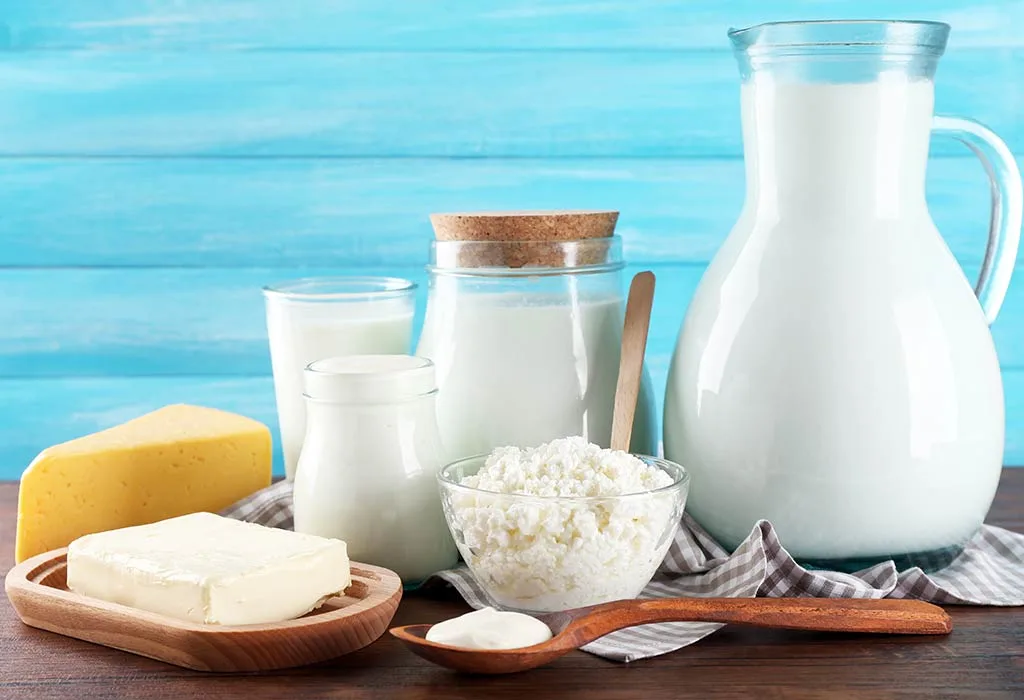
Dairy-Free Alternatives
Perhaps you avoid dairy products due to lactose intolerance, milk protein allergy or simply want to limit calories and saturated fat. But non-dairy milk and yogurt alternatives may fall short when it comes to the nutrients and hunger-quelling properties of real dairy foods. Here’s the scoop on how plant-based swaps compare.
How Do Plant-Based Swaps Measure Up?
Alternative milks like almond and soy milk tend to be lower in calories and fat compared to whole dairy milk. But they lack dairy’s superior protein content and bioactive nutrients like calcium that regulate appetite and metabolism. Non-dairy yogurts are also lower in hunger-taming protein compared to traditional yogurt. If you can tolerate lactose, real dairy products seem to offer more weight loss advantages.
Tips for Lactose Intolerance
If lactose is the culprit behind your dairy difficulties, try lactose-free cow’s milk. These products provide all the same benefits as regular milk without the stomach-upsetting lactose sugar. Some less conventional milks like goat or A2 milk may also be easier to digest. Other suitable swaps are soy, almond, coconut or oat milk. Consulting a dietitian can help pinpoint which lactose-free options may work for your individual needs. Don’t shy away from dairy’s perks if intolerance is the only thing standing in your way!
Choosing the Best Non-Dairy Options
If you can’t or prefer not to consume dairy, focus on unsweetened varieties of plant milks for the least calories. Soy milk contains a similar amount of protein as cow’s milk. Meanwhile, almond, coconut or oat milk has less protein but more beneficial fats. Make sure to choose fortified brands to get calcium, vitamin D and other nutrients found in dairy milk. Though they can’t fully replicate the benefits of dairy, heart-healthy plant-based beverages come with their own set of advantages.
Benefits Beyond Potential Weight Loss
In addition to possibly helping shrink your waistline, dairy products provide other wellness perks too. Let’s quickly cover some of the top health boons linked to moderate dairy consumption.
Nutrient Jackpot
Beyond just protein and calcium, dairy foods also serve up a bonanza of other essential vitamins and minerals. We’re talking vitamin D, A, potassium, phosphorus, magnesium, and zinc. Dairy gives you a lot of nutritional bang for your buck! The variety of nutrients it provides are hard to replicate fully with supplements.
Dairy Does a Body Good
Chugging milk and eating yogurt isn’t just for growing kids – dairy improves bone health in adults too! Dairy products supply highly absorbable calcium and vitamin D, which build and maintain strong bones. Consuming adequate dairy lowers the risk of fractures and prevents thinning, brittle bones. So don’t underestimate how dairy can keep your skeleton in top shape for life!
Potential Heart Health Helper
Despite outdated fears about fat and cholesterol, emerging research suggests full-fat dairy in moderation may actually benefit heart health rather than harm it. Certain fatty acids, vitamins and minerals abundant in dairy appear protective by improving cholesterol levels and blood pressure. While more research is needed, carefully chosen full-fat dairy could be good for your ticker.
Immunity Booster
Dairy products like yogurt contain power nutrients that may help keep your immune system firing on all cylinders. The protein, zinc, vitamin A and live cultures boost the production of white blood cells that fight infection. Starting your day with a yogurt parfait helps ward off seasonal colds and flu!
Prebiotic Perks
In addition to probiotic cultures, dairy foods also contain prebiotics – fibers that feed and nourish probiotics. Prebiotics in milk products promote the growth of beneficial bacteria in your digestive system. This synbiotic combination helps maintain a healthy microbiome.
Hydration Helper
Dairy products like milk and yogurt are composed mostly of water, making them a hydrating beverage and snack. Their fluid content can help you meet daily water needs to stay refreshed. Calcium and electrolytes in dairy rehydrate better than plain water.
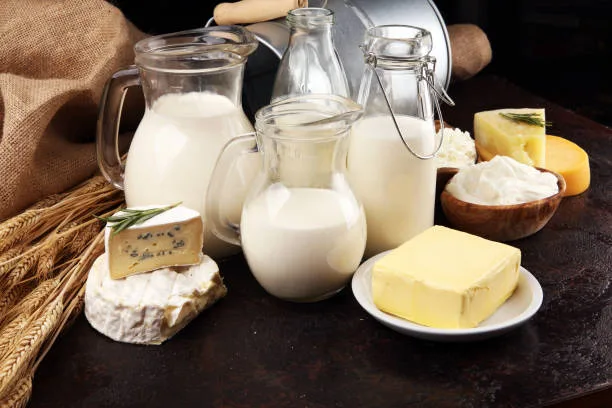
Key Takeaways on Dairy and Weight Loss
Emerging science continues highlighting why nutritious dairy products deserve inclusion in a healthy diet, especially for those seeking to lose weight. The protein, calcium, probiotics and bioactive nutrients abundantly found in dairy foods appear uniquely beneficial for:
- Boosting fat burning capabilities
- Controlling appetite and hunger
- Promoting satiety and satisfaction after eating
- Building and preserving metabolism-boosting lean muscle mass
While dairy-free beverage alternatives are lower in calories and fat, they lack many of the metabolic and appetite-regulating properties of real dairy foods.
For most individuals, incorporating moderate amounts of low or nonfat dairy options can be a secret weapon for achieving sustainable weight loss success! Beyond dropping pounds, dairy also provides a power dose of vitamins, minerals and nutrients essential for overall health that your body needs.
So embrace the potential power of quality dairy products in your diet, but be mindful of portions. With smart dairy choices, you absolutely can enjoy creamy, dreamy milk, yogurt and cheese AND reach your body goals – yeah baby!
Final Thoughts
Well, those are our two dairy-loving cents for now! We hope this post gave you some food for thought on how nutrient-dense dairy products may optimize health while facilitating weight management. What are your favorite tips for working quality dairy foods like yogurt and cheese into a balanced diet? Let us know in the comments!
Thank you for reading this post, don't forget to subscribe to our free newsletter
!
